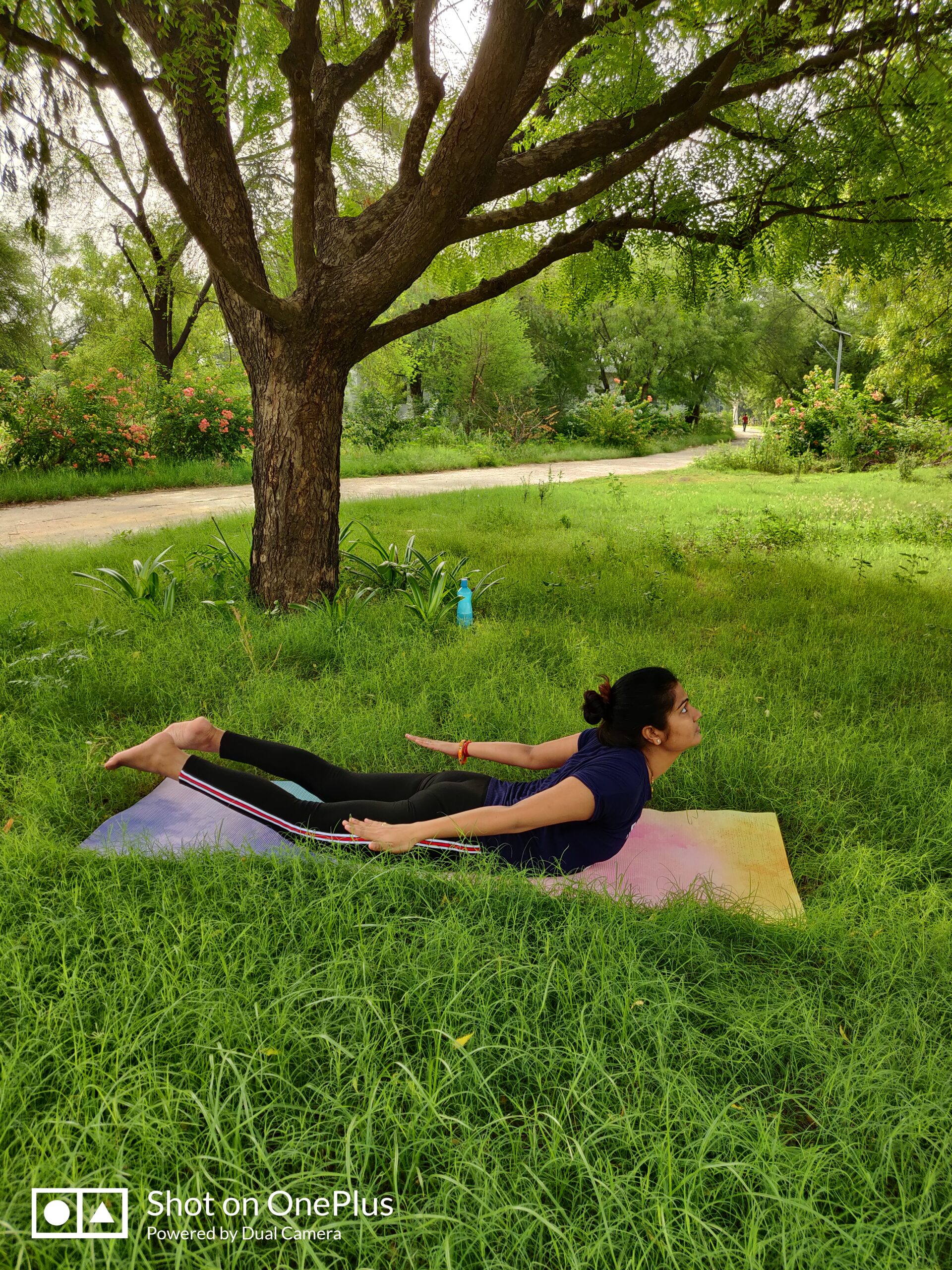Finding Light in the Shadows: Relieving Symptoms of Depression
In the shadows of depression, the search for relief becomes a journey of self-discovery and resilience. While professional help is crucial, there are holistic approaches and lifestyle changes that can complement therapeutic interventions. Let’s explore strategies that may provide solace and contribute to alleviating the weight of depression.

1. Understanding Depression
Depression is a complex mental health condition with various contributing factors. While the severity of symptoms varies, a multifaceted approach can enhance the overall well-being of individuals experiencing depression.
2. Professional Guidance
Therapeutic Support:
- Counseling: Engage in talk therapy, such as cognitive-behavioral therapy (CBT), to explore thoughts and behaviors contributing to depression.
- Medication: For some, antidepressant medications prescribed by mental health professionals can be beneficial.
3. Physical Activity as a Mood Booster
- Regular Exercise: Incorporate regular physical activity into your routine, as exercise is linked to the release of endorphins, the body’s natural mood elevators.
- Outdoor Activities: Opt for outdoor activities like walking or jogging to combine the benefits of exercise with exposure to natural light.
4. Nutrition for Mental Well-Being
- Balanced Diet: Prioritize a balanced diet rich in nutrients, as deficiencies in certain vitamins and minerals may contribute to depressive symptoms.
- Omega-3 Fatty Acids: Include sources of omega-3 fatty acids, such as fatty fish and flaxseeds, known for their potential mood-enhancing effects.
5. Quality Sleep for Mental Restoration
- Establishing a Routine: Create a consistent sleep schedule to regulate the circadian rhythm and promote quality sleep.
- Sleep Hygiene: Adopt good sleep hygiene practices, such as limiting screen time before bed and creating a comfortable sleep environment.
6. Mindfulness and Meditation Practices
- Mindfulness Meditation: Cultivate mindfulness through meditation to increase self-awareness and reduce the impact of negative thoughts.
- Yoga and Tai Chi: Engage in practices that combine gentle movement with mindfulness, promoting relaxation and stress reduction.
7. Connection and Social Support
- Open Communication: Share your feelings with trusted friends or family members to foster a support system.
- Joining Support Groups: Consider joining support groups where individuals with similar experiences can share insights and coping strategies.
8. Creativity and Artistic Expression
- Art Therapy: Explore art as a form of self-expression, allowing emotions to manifest creatively.
- Journaling: Write down thoughts and feelings as a therapeutic outlet, promoting self-reflection and emotional release.
9. Limiting Stressors and Setting Boundaries
- Stress Reduction Techniques: Identify stressors and implement stress-reduction techniques, such as deep breathing or progressive muscle relaxation.
- Setting Realistic Goals: Break down tasks into manageable goals, avoiding overwhelm and setting realistic expectations.
10. Nature as a Healing Companion
- Nature Walks: Spend time in nature, engaging in activities like nature walks or simply enjoying the calming presence of natural surroundings.
- Sunlight Exposure: Exposure to natural light can positively impact mood and regulate the body’s internal clock.
11. Spiritual and Holistic Practices
- Spiritual Exploration: Explore spiritual practices that align with personal beliefs, providing a sense of purpose and connection.
- Holistic Therapies: Consider holistic therapies like acupuncture or massage to address physical and emotional well-being.

13. Breathwork for Emotional Release
- Deep Breathing Exercises: Practice deep breathing techniques to calm the nervous system and release emotional tension.
- Diaphragmatic Breathing: Incorporate diaphragmatic breathing, allowing the abdomen to expand fully with each breath.
14. Mindful Technology Use
- Screen Time Management: Set boundaries on screen time to reduce exposure to negative news and social media triggers.
- Digital Detox: Periodically engage in digital detoxes to disconnect and focus on real-world experiences.
15. Cognitive Strategies for Positive Thinking
- Cognitive Restructuring: Challenge negative thought patterns and replace them with positive or neutral alternatives.
- Gratitude Practice: Cultivate a daily gratitude practice to shift focus toward positive aspects of life.
16. Therapeutic Hobbies
- Music Therapy: Explore the therapeutic benefits of music, whether through listening, playing an instrument, or singing.
- Gardening: Engage in gardening as a calming and rewarding hobby that connects individuals with nature.
17. Sleep Inducing Rituals
- Herbal Teas: Consume sleep-inducing herbal teas like chamomile or valerian root before bedtime.
- Relaxing Bedtime Routine: Establish a relaxing bedtime routine to signal the body that it’s time to wind down.
18. Expressive Writing
- Journal Prompts: Utilize journal prompts to explore and express emotions, fostering self-awareness.
- Poetry or Creative Writing: Engage in creative writing as a means of self-expression and emotional release.
19. Functional Medicine Approaches
- Nutrient Testing: Consider nutrient testing to identify deficiencies that may contribute to depressive symptoms.
- Individualized Supplements: Work with a healthcare professional to determine if individualized supplements could support mental health.
20. Educational Empowerment
- Reading Mental Health Literature: Read books and literature on mental health to gain insights and empower yourself.
- Online Courses: Enroll in online courses that provide education on depression management and mental well-being.
21. Volunteering and Acts of Kindness
- Community Involvement: Engage in volunteer activities to foster a sense of purpose and community connection.
- Random Acts of Kindness: Perform small acts of kindness to others, promoting a positive impact on mental well-being.
22. Self-Compassion Practices
- Mindful Self-Compassion: Learn and practice mindful self-compassion techniques to cultivate self-love and acceptance.
- Affirmations: Incorporate positive affirmations into daily routines to foster a compassionate mindset.
23. Holistic Sleep Aids
- Aromatherapy: Use calming essential oils like lavender or chamomile as sleep-inducing aids.
- Natural Sleep Supplements: Explore natural sleep supplements like melatonin under the guidance of a healthcare professional.
24. Body-Mind Practices
- Tai Chi: Integrate Tai Chi into your routine, combining gentle movements with mindfulness for overall well-being.
- Qi Gong: Explore Qi Gong as a practice that aligns breath, movement, and meditation for holistic health.
25. Positive Affirmation Practices
- Morning Affirmations: Start the day with positive affirmations to set a constructive tone for the day.
- Visualization Techniques: Incorporate visualization exercises, imagining positive outcomes and experiences.
These additional strategies offer a diverse toolkit for individuals navigating the complexities of depression. Experimenting with various approaches and tailoring them to personal preferences can contribute to a comprehensive and individualized approach to relief.
26. Yoga Nidra for Deep Relaxation
- Guided Yoga Nidra Sessions: Explore Yoga Nidra, a form of guided meditation for profound relaxation and stress reduction.
- Enhanced Sleep Quality: Regular practice of Yoga Nidra may contribute to improved sleep quality and overall mental well-being.

27. Mantra Meditation for Mental Focus
- Repeating Positive Mantras: Incorporate mantra meditation by silently repeating positive affirmations or sacred sounds.
- Enhanced Concentration: Mantra meditation helps redirect the mind, fostering mental clarity and focus.
28. Chakra Balancing Practices
- Chakra Meditation: Explore chakra-balancing practices to align and balance the energy centers within the body.
- Holistic Harmony: Chakra balancing aims to create a harmonious flow of energy, positively impacting emotional and mental states.
29. Partner or Acro-Yoga for Connection
- Trust-Building Poses: Engage in partner or Acro-Yoga to build trust and connection with others.
- Shared Movement: The collaborative nature of partner yoga enhances the sense of community and emotional support.
30. Mindful Walking Meditation
- Conscious Walking: Practice mindful walking, paying attention to each step and the sensations in the body.
- Outdoor Connection: Perform walking meditation outdoors to combine the benefits of movement and nature.
Integrating these yoga practices into your routine offers holistic benefits for mental health. Whether through meditation, movement, or mindful connection, yoga provides a multifaceted approach to fostering emotional well-being.
Visit Here: Nourishing Harmony: A Guide to a Balanced Diet




